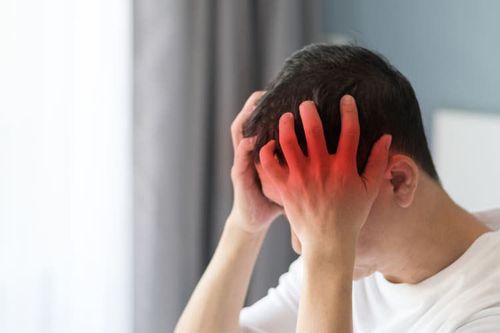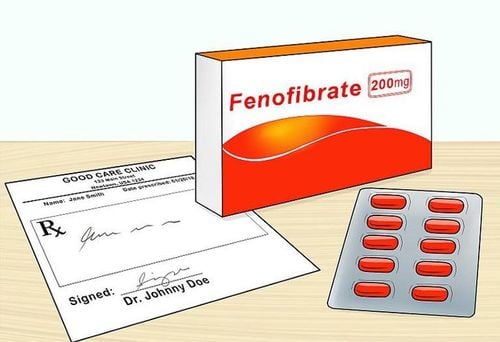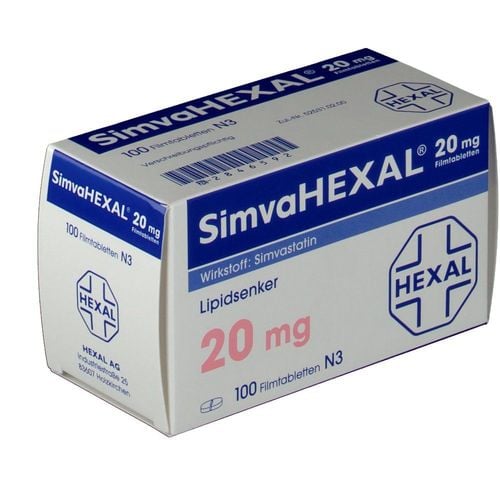This is an automatically translated article.
The article was written by MSc. Specialist II Pham Tuyet Trinh - Head of Inpatient Unit, Cardiology Center - Vinmec Times City International Hospital.Cholesterol-lowering drugs (also known as lipid-lowering drugs) are drugs prescribed by your doctor when you have dyslipidemia, or when you have certain medical conditions that require long-term use of this drug: myocardial infarction, coronary heart disease. , cerebrovascular accident, diabetes... Maybe while taking the medicine you feel unwell. Cholesterol-lowering drugs can cause some side effects, if mild, the symptoms may not be obvious. But there are also some manifestations that clearly affect life. You should be aware of these undesirable effects and inform your doctor for adjustment.
1. How can medications make you feel?
Side effects of lipid-lowering drugs include: diarrhea (diarrhea); constipation, vomiting, nausea, stomach cramps, muscle pain, muscle weakness, headache, dizziness, drowsiness, fatigue, even skin rash.
More serious problems: Statins are one of the most commonly prescribed blood lipids to reduce the risk of stroke and heart attack. But some people can experience serious side effects of this drug, which are: muscle destruction, liver cell destruction, hematuria, urinary tract infection, high blood sugar, diabetes, and more severe memory loss. To date, the mechanism of these events is unclear.

2. How are side effects handled?
You should not quit on your own, but you should consult your doctor and there are likely directions:
Short-term stop: if you have muscle pain, your doctor may advise you to stop for a while short, then resume use within 1 month. If muscle pain persists while stopping the medication, the pain may be due to another cause. Check other medications: if you take cholesterol-lowering drugs with certain other medications, you may experience side effects due to drug interactions. Talk to your doctor about any medications you are taking, including over-the-counter medicines and supplements. Reduce your medication dose: your doctor will likely reduce your dose so that you can continue to take your daily medication. Switching medications: if the side effects you're experiencing are difficult to manage, you may be advised to switch to another statin, such as pravastatin (Pravaschol) and rosuvastatin (crestor, ezallor) which are less likely to cause muscle pain. Consider over-the-counter (OTC) treatment: statins may cause less muscle pain with CoQ10, so you can take a supplement to relieve muscle pain. In addition, L-carnitine can help avoid muscle pain. But always consult a doctor.
Please dial HOTLINE for more information or register for an appointment HERE. Download MyVinmec app to make appointments faster and to manage your bookings easily.
Articles refer to the source: webmd.com














